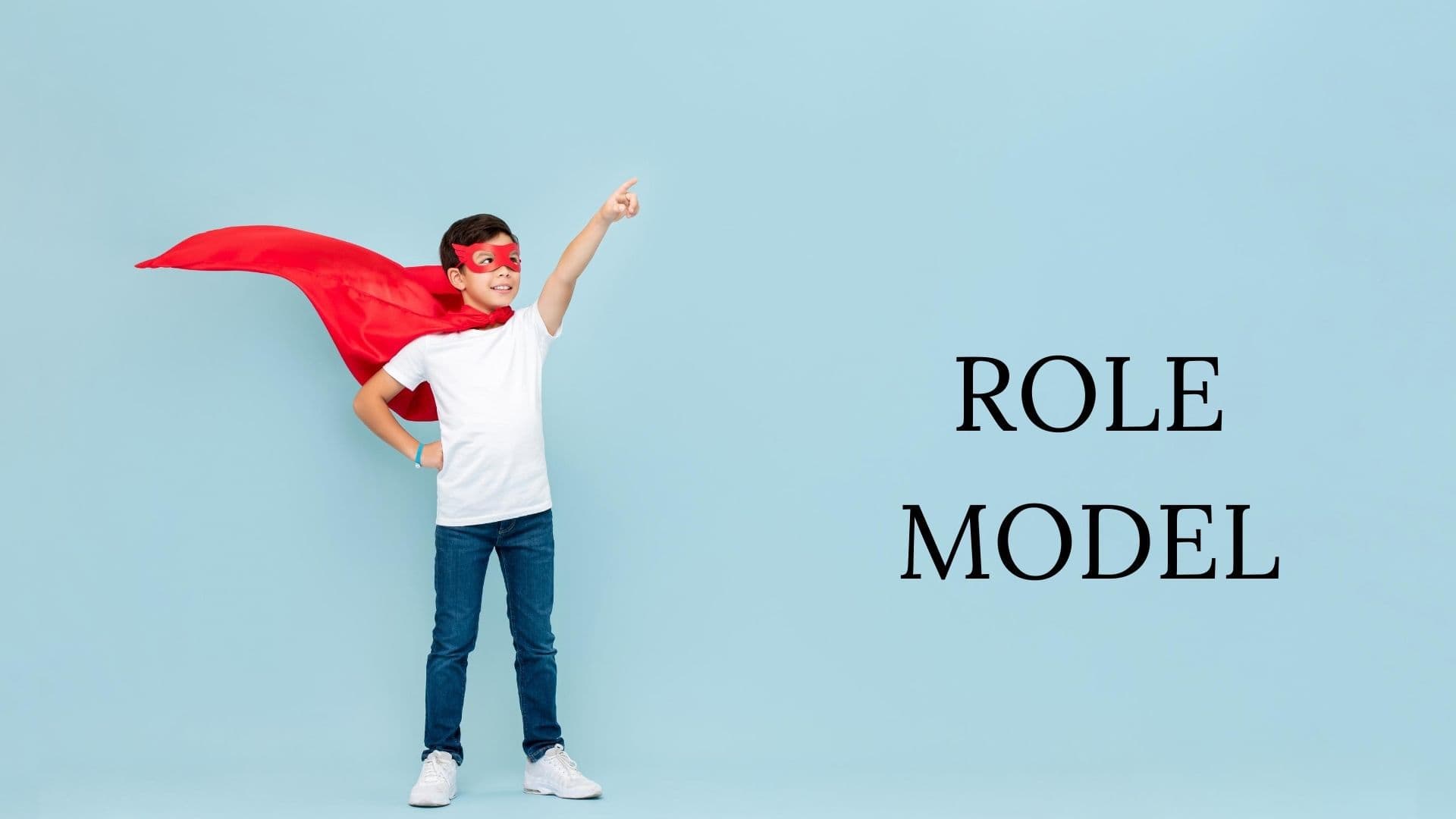In contemporary society, the question “Who is your role model?” prompts multifaceted reflections on the individuals we admire and aspire to emulate. Within the framework of Bahá’í teachings, the selection of role models transcends superficial admiration; it embodies a fundamental tenet of personal growth and spiritual development. The Bahá’í perspective invites us to delve deeper into the qualities that distinguish these figures and illuminates broader principles relevant to our lives.
At the core of Bahá’í philosophy lies the principle of an evolving consciousness. This tenet dictates that true progression requires not merely the recognition of exemplary figures, but the active embodiment of their attributes. Hence, the inquiry into the nature of a role model serves as an impetus for self-examination and character refinement. As followers of Bahá’u’lláh, we are encouraged to draw inspiration from those who exemplify virtues such as justice, honesty, humility, and compassion—attributes that resonate profoundly within the teachings of the Faith.
The Bahá’í view of role models can be encapsulated in the idea that these individuals function as mirrors reflecting our highest potential. Whether they are historical figures such as Abdul-Baha or contemporary personalities who embody exemplary qualities, their lives can provide insights into how to translate Bahá’í principles into practical action. Notable role models may not be perfect; indeed, their imperfections may contribute to their relatability, ultimately enriching their inspirational value.
Aspiring to emulate a role model is influenced by several factors, including cultural context, personal aspirations, and the societal challenges one encounters. Bahá’í teachings emphasize the importance of developing a firm understanding of one’s ideological beliefs and ethical values, which serves as a beacon when navigating the complexities of selecting appropriate role models. As individuals engage with different cultures and ideologies, they may find themselves drawn to leaders or figures who resonate with their own struggles, aspirations, and goals.
The qualities exhibited by role models can be diverse. For instance, the combination of wisdom and benevolence stands out in figures like Mahatma Gandhi, who embodied an unwavering commitment to non-violence and social justice. By studying the life of such individuals, Bahá’ís can glean essential lessons: about the power of resilience amidst adversity, the importance of steadfastness in the face of societal opposition, and the necessity of aligning personal actions with personal beliefs.
Moreover, the teachings of Bahá’u’lláh accentuate the significance of selflessness and service to humanity. The lives of those who contribute meaningfully to society—be it through charitable endeavors, environmental advocacy, or educational efforts—serve as potent illustrations of this principle. The decision to elevate such figures as role models not only fosters personal growth but also nurtures a collective ethos of service, which is central to Bahá’í teachings.
In the exploration of role models, it is crucial to acknowledge that the act of idolizing an individual can sometimes obscure the more profound lessons within their narratives. The Bahá’í doctrine cautions against the excessive fixation on individuals as infinite sources of inspiration. Instead, there is a need for discernment regarding which qualities to embody and which of their influences to embrace, thus retaining the focus on personal responsibility and growth.
Furthermore, as Bahá’ís engage with the diverse array of role models, they are encouraged to practice critical thinking and a balanced perspective. This entails recognizing the societal structures and educational frameworks that shape leaders, rather than attributing their successes solely to personal merit. By situating role models within their broader contexts, one gains a richer, more nuanced understanding of their contributions while simultaneously reflecting on the socio-political considerations that may have influenced their journeys.
Additionally, the Bahá’í approach to role models encompasses an expansive definition of exemplary behavior. This includes recognizing local heroes who might not possess international acclaim yet significantly impact their communities. These unsung figures exemplify the belief that every individual can play a crucial role in furthering the collective good. They embody the spirit of service that is at the core of Bahá’í teachings by addressing the immediate needs of their surroundings, often without seeking recognition or reward.
The exploration of role models also provides an opportunity for intergenerational dialogue within the Bahá’í community. Younger individuals may reflect on those who inspire them while older generations can share the influence of their own role models. Such exchanges foster mutual understanding and can bridge the generational divide, anchoring collective aspirations within a shared historical continuum while also nurturing a culture of learning.
Ultimately, choosing a role model within the Bahá’í framework is less about adulation and more about resonance—the resonance of one’s virtues with the principles of unity, equity, and justice. Bahá’ís are encouraged to cultivate a personal definition of heroism that reflects their innate values and aligns with the aspirations of building a harmonious global community. In this context, the question “Who is your role model?” serves not only as an inquiry into personal choice but also as a catalyst for deeper exploration into the essence of role modeling itself—a collective journey towards personal and communal betterment.
In sum, the teachings of the Bahá’í Faith prompt a reflective approach towards identifying heroes. Engaging with the lives of role models not only inspires individual growth but also cultivates a more profound sense of community, fostering qualities that elevate humanity as a whole. Through this lens, the act of searching for and embodying the virtuous characteristics of admired figures emboldens the pursuit of a life that contributes positively to the world.
